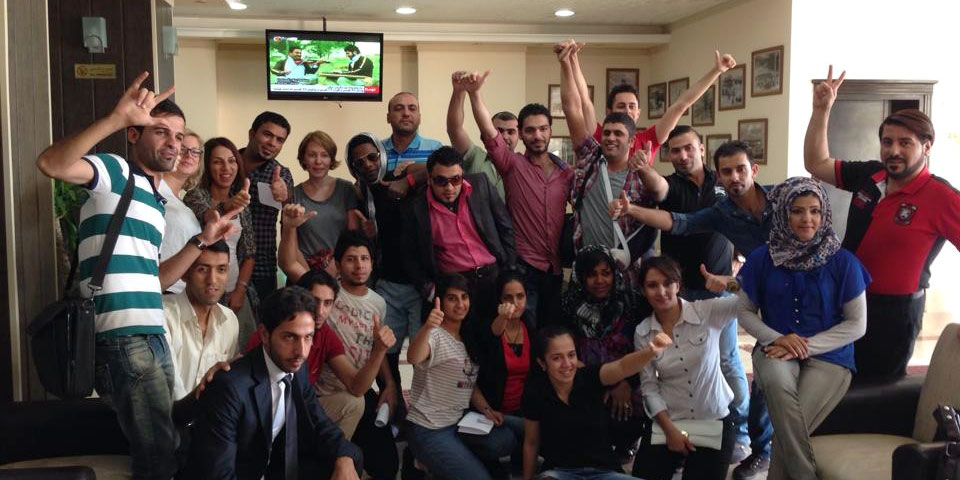Program outline

Background
Iraq and Syria have populations that are ethnically and religiously diverse. Both countries have a long history of authoritarian rule by the Baath party, which ended in Iraq in 2003 with the US led invasion. Only in 2011 did the Syrian people start massive uprisings against the Baath regime, still in power in Damascus. The Syrian and Iraqi authoritarian regimes have always presented themselves as tolerant towards minority religions and protectors of religious minorities. Yet, years of authoritarian rule and divide and rule policies have created an atmosphere of distrust and suspicion. In 2003 when the Saddam Hussein regime collapsed, the Iraqi society became extremely unstable and dangerous. Violence, often with a sectarian character, has touched all groups in society and led to large numbers of refugees and IDPs. In Syria, the regime portrays the conflict between protesters and the Syrian army mainly as a sectarian struggle, of Sunni Islamists against the rest of the population. In contrast, the opposition tries to present an inclusive agenda for all citizens of Syria. Yet, as violence continually intensifies in Syria, sectarian tensions and violence are deepening.
Like several other European countries, the Netherlands regards ‘freedom of religion and belief’ as one of the key issues in its human rights policy. PAX and its partners in Iraq and Syria have stressed that a policy that singles out religious minorities might be counter-productive. As such, we have proposed a policy that focuses on citizenship and respect for diversity as the most effective approach.
Objective
The program targets the following problems and the objectives to which they give rise:
- Iraq and Syria lack a social framework composed of people capable of advocating for respect for rights, diversity, and civic responsibility. This programme expressly works to develop the capacities of local partners and of young civil activists with the potential of becoming community leaders.
- This project addresses on the fact that the majority of the population in the programme countries consists of young people who have grown up in an environment dominated by sectarian thinking, in fear and ignorance of the other. It capitalizes upon the new dynamic possible in this generation. The innovative educational component concentrates on overcoming this mindset in the upcoming generation; a participatory element aims at involving these young people in monitoring and defending human rights, minority rights, and, in particular, freedom of religion.
- Repression may quell expression of sectarian division, but it also cultivates its roots. It politicizes religious and ethnic identity and impedes the ability to create mechanisms that mitigate conflict. For that reason, this programme aims to depoliticize religious and ethnic identity by promoting a human rights approach that puts people’s rights and duties first. By linking Iraq and Syria in an educational component, we anticipate a preventive effect, especially in Syria. The programme also envisions establishing an early warning mechanism to prevent conflict and to resolve incidents.
- By and large, the legal framework guarantees all people’s equality regardless of religion or ethnic background, but it does have flaws. These include family law and, in Iraq, the mix of sharia and human rights in the new constitution. Current laws are observed inadequately and their violations go unpunished. As such, this programme intends to monitor and improve the legal framework in order to to contribute to better compliance with legislation and to counter impunity.
- Finally, this programme recognizes the role of the international community. Its objective is to have international actors adopt a more inclusive approach that is aimed at the rights and responsibilities of minorities and majorities and that gives priority to conflict prevention.
General Objective
The security, human rights, and social position of minorities in Syria and Iraq will have been improved as a result of greater awareness among and action by local groups of activists and young people with international support stressing a human rights approach and conflict prevention.
This shall be apparent from:
- A stronger framework of people in Iraq and Syria with the ability to stand up for rights;
- Greater cooperation and trust between religious and ethnic groups;
- Fewer attempts by political leaders and opinion makers to play religious and ethnic groups against one another;
- Legal reform and law enforcement.

